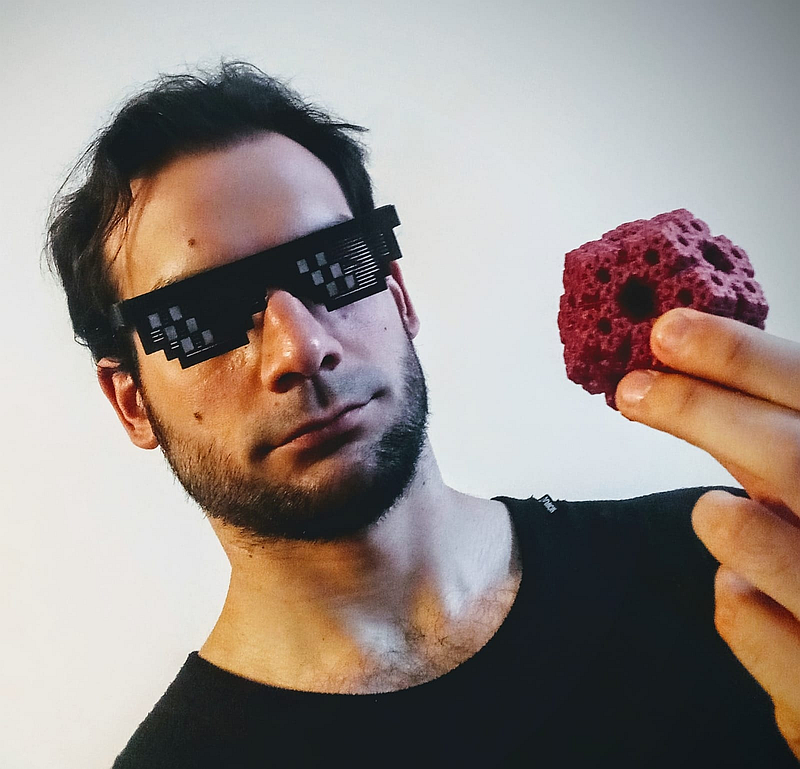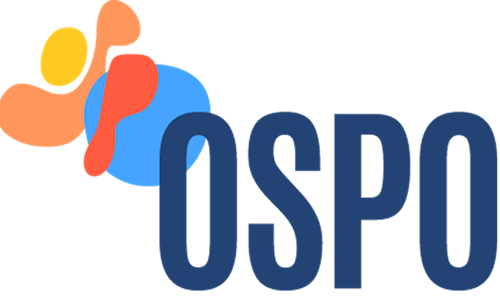Introduction to Data Science with PolyPhy
September 28 @ 9:15-10:45am Pacific Time
@ CROSS Symposium 2022

→ Overview
PolyPhy is an aspiring unconventional toolkit for reconstructing continuous transport networks out of sparse 2D or 3D data. Such data can be defined as collections of discrete points, or a sparse scalar field. PolyPhy produces a scalar density field that defines the recovered network structure.
PolyPhy is a redesigned Python/Taichi port of Polyphorm, an early prototype in which we defined the methodology and used to produce several diverse scientific and artistic works. A detailed visual overview of this method and its results is provided in this page.
This workshop will introduce the salient concepts of this methodology to the audience. We will start with a theoretical introduction and then move on to hands-on examples that showcase PolyPhy in 2D and 3D use cases. The participants will be able to follow on their own machines. Because PolyPhy is early in its development cycle one of the objectives of this workshop is to gather feedback from the community. The target audience of this workshop includes:
- astrophysics and cosmology experts
- data and network scientists
- machine learning practitioners
- data visualization experts
- visual artists and designers
- complex systems enthusiasts
- students interested in any of the above
→ Details
Introduction to Data Science with PolyPhy will take place in a hybrid format within the CROSS/OSPO Open Source Research Symposium on September the 28th 9:15-10:45 am Pacific Time.
To take part of the workshop, please register for the symposium. Registration is free in-person for University of California students and staff, as well as all virtual participants. Please contact Stephanie Lieggi to inquire about the registration process. The program will be as follows:
- Introduction to PolyPhy and the MCPM method (30 minutes)
- 2D resonstruction pipeline, roadmap reconstruction use case (30 minutes)
- 3D reconstruction pipeline, cosmic web reconstruction from TNG-100 and SDSS data (30 minutes)
Recording of the workshop
(includes manual close captions)
→ Organizers

Oskar Elek organizes and chairs the workshop. He is a postdoctoral researcher in the Creative Coding Lab at University of California, Santa Cruz and an adjunct lecturer therein. He is also a CROSS/OSPO Incubator Fellow. Oskar holds a PhD from Max Planck Institut Informatik in Saarbrücken, Germany. His past work involves physically based rendering, volumetric optics, and computational fabrication. Currently, he focuses on developing nature inspired models and their application to visualizing and interpreting data from astronomy as well as other domains.

OSPO stands for the Open Source Program Office at UC Santa Cruz. OSPO's mission is to create partnerships with stakeholders within and outside the UC system to promote open source literacy and best practices, helping students learn from open source communities, letting scientists use open source to accelerate research efforts, and connecting students and scientists with sponsors from industry, government, and foundations.

CROSS stands for the Center for Research in Open Source Software. Founded in 2015 by Carlos Maltzahn and Sage Weil, CROSS supports young researchers in sharing their work in the form of open-source projects with the broader scientific and industrial communities. The annual CROSS Research Symposium brings together faculty, students, domain experts and software developers to share their experience with collaborative research and open software development practices.
© Oskar Elek. All rights reserved.